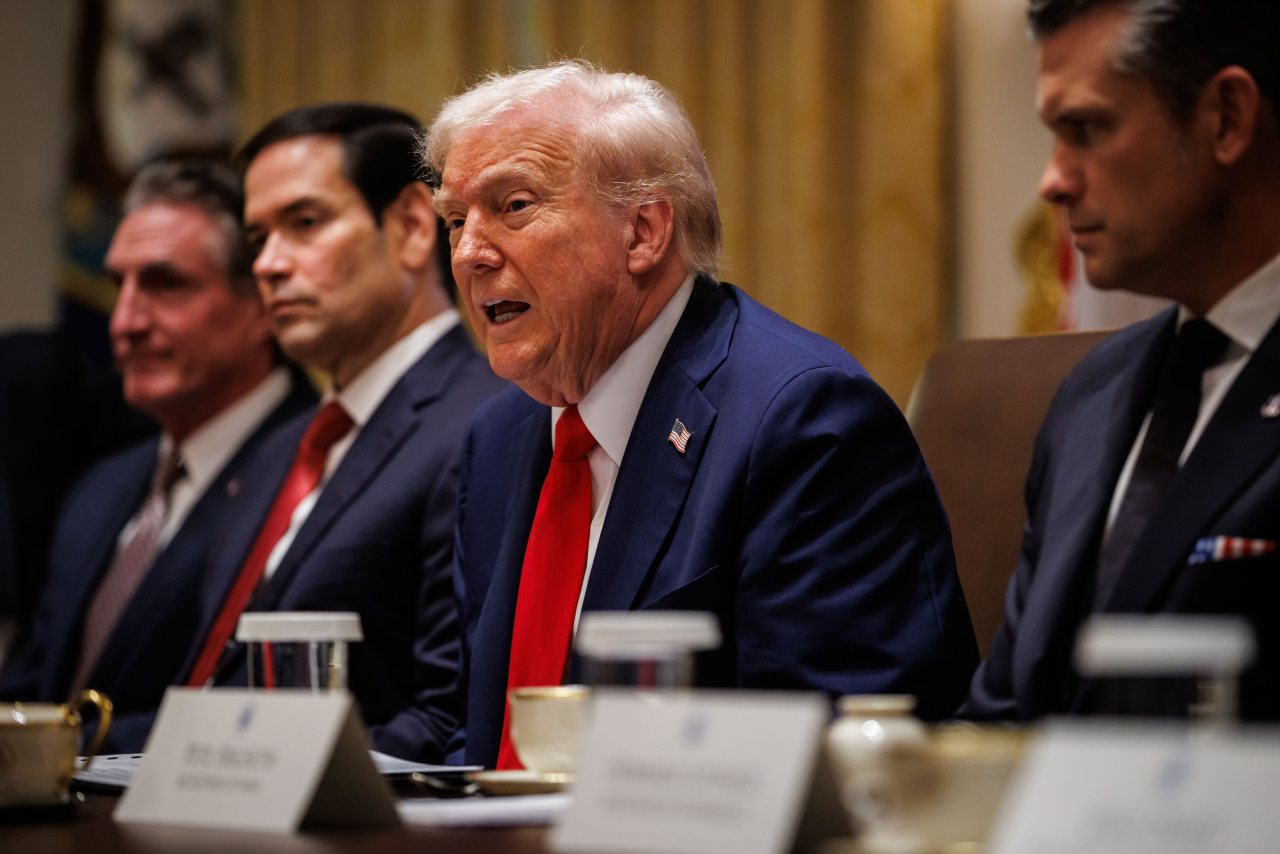Former President Donald Trump has unveiled a new peace initiative aimed at resolving the longstanding conflict in Gaza, marking a significant departure from the foreign policy approach of the Biden administration. This strategy prioritizes Israel’s security while aiming to foster stability in the region.
The announcement, made on October 15, 2023, comes as tensions in the Middle East remain high. Trump’s plan outlines a framework that emphasizes military support for Israel, suggesting an increase in defense funding to bolster its capabilities. According to statements from the former president, the initiative is designed to ensure that Israel can effectively respond to threats from militant groups in Gaza.
Trump’s approach contrasts sharply with the Biden administration’s emphasis on diplomacy and humanitarian aid. Under Biden, the focus has been on negotiating ceasefires and facilitating discussions between Israeli and Palestinian leaders. The former president argues that a strong defense posture is essential for any lasting peace, asserting that “peace through strength” will ultimately lead to a stable solution.
The new plan has already attracted attention from various political figures. Senate Majority Leader Chuck Schumer expressed cautious optimism, stating, “If this leads to a reduction in violence and a secure Israel, then we must consider it seriously.” However, others have raised concerns that this shift may further escalate tensions in an already volatile region.
In addition to military support, Trump’s initiative includes provisions for economic development in Gaza. The former president proposes a significant investment of $1 billion to support infrastructure projects and job creation, aimed at improving living conditions for Palestinians. This dual approach of security and economic assistance reflects a comprehensive strategy that seeks to address both immediate and long-term challenges.
While the specifics of the plan remain to be fully outlined, it is evident that Trump’s administration is aiming to reassert American influence in the Middle East. The former president’s team is reportedly in talks with key allies in the region to garner support for the initiative. This coalition-building effort may play a crucial role in determining the plan’s success.
As reactions to Trump’s proposal continue to unfold, analysts are closely monitoring its potential implications for U.S. foreign policy and regional dynamics. The plan’s emphasis on Israel’s security reflects a longstanding commitment that has characterized U.S. relations with the nation for decades. However, the effectiveness of this new strategy in addressing the complex realities on the ground remains uncertain.
The political landscape is also shifting, with potential impacts on the upcoming presidential election. Trump’s peace initiative may energize his base, while also challenging the Biden administration to respond effectively. As the situation develops, it will be critical to assess the responses from both domestic and international stakeholders.
In summary, Trump’s new peace initiative represents a bold reorientation of U.S. policy towards Israel and Gaza. By prioritizing security and economic development, the former president aims to create a framework that could potentially reshape the future of the region. The coming weeks will likely reveal how this initiative is received and implemented, providing insights into the evolving dynamics of Middle Eastern politics.
